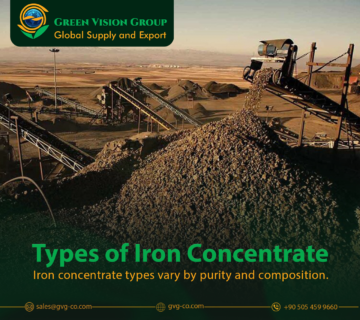Bitumen, often referred to as asphalt or tar, is a black, viscous liquid or semi-solid form of petroleum. It has widespread applications in construction, roadworks, and waterproofing due to its durability, adhesive properties, and resistance to water. This versatile material plays a vital role in infrastructure development and is used in a variety of industries globally.
What is Bitumen?
Bitumen is a naturally occurring substance, but it can also be produced during the refining of crude oil. It is primarily composed of hydrocarbons and is extracted through a process of distillation or as a byproduct of petroleum refining. It is commonly found in two forms: paving grade bitumen, which is used in road construction, and industrial grade bitumen, which serves as a base material for other applications such as roofing and waterproofing.
Applications of Bitumen
-
Road Construction
Bitumen is most commonly used in the construction of roads, highways, and runways. It is combined with aggregate materials (such as sand and gravel) to produce asphalt concrete, a mixture that provides a durable, smooth surface for vehicles. Bitumen’s adhesive properties help bind the aggregates together, ensuring the longevity and stability of road surfaces. -
Waterproofing
In addition to road construction, bitumen is widely used for waterproofing purposes. It is applied as a coating for roofs, foundations, and basements to prevent water penetration. Bitumen-based membranes, such as bituminous felt or torch-on membranes, are highly effective in protecting buildings from water damage. -
Industrial Uses
Bitumen also plays a critical role in industries such as mining, construction, and oil exploration. It is used to create barriers and seals, protect equipment, and as a binding agent for various materials. -
Emulsions and Coatings
Bitumen emulsions are widely used for surface treatments, including road maintenance, dust control, and surface dressing. These emulsions can be mixed with water and other materials to create an effective surface coat that improves road durability and performance.
Advantages of Bitumen
- Durability: Bitumen is highly durable, making it ideal for heavy-duty applications, particularly in road construction. It is resistant to wear, extreme temperatures, and environmental factors.
- Water Resistance: Bitumen’s impermeability to water makes it an excellent choice for waterproofing and preventing structural damage due to water exposure.
- Adhesive Properties: The adhesive nature of bitumen makes it effective in bonding aggregates and materials together, enhancing the integrity of construction projects.
- Cost-Effective: Bitumen is a cost-effective material compared to other construction products, especially when used in large-scale roadworks and infrastructure projects.
Global Demand for Bitumen
As global infrastructure demands grow, so does the need for bitumen. Road construction projects, particularly in developing countries, drive a significant portion of bitumen demand. Furthermore, the rise in urbanization and the need for durable and efficient construction materials ensure that bitumen continues to play a central role in development projects worldwide.
The export of bitumen has become a crucial sector, with countries like Iran, China, and India being major producers and exporters. The versatility and vital role of bitumen in construction and industrial applications have made it a material in high demand.
Conclusion
Bitumen is an indispensable material in modern construction and infrastructure development. Its versatility, durability, and water-resistant properties make it a go-to material for everything from road construction to waterproofing applications. As the world continues to grow and develop, the demand for bitumen is likely to rise, making it an essential component of global infrastructure projects.




No Comment